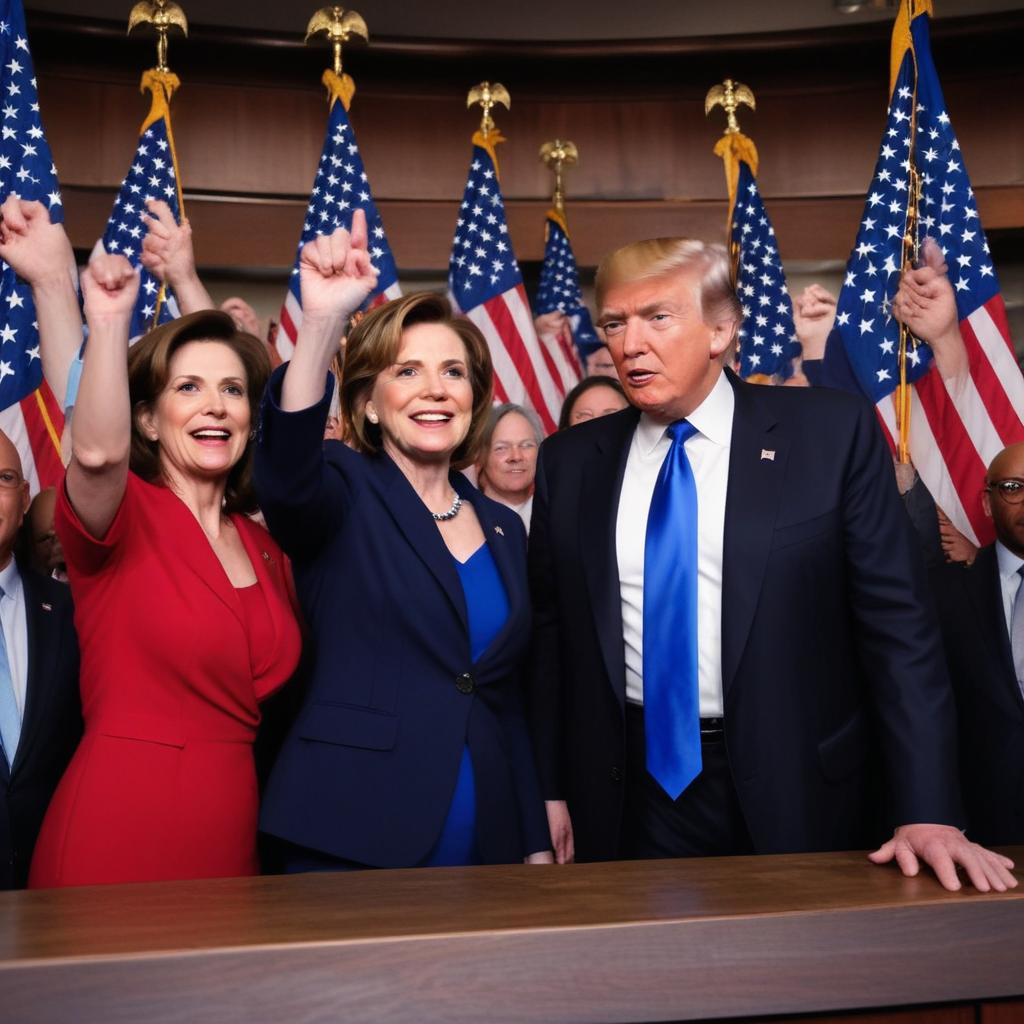Following recent victories, the Democratic Party is experiencing an unexpected unity, embracing a populist economic agenda centered on 'affordability.' Even centrist architect James Carville now advocates for a platform including a $20 minimum wage and free university, signaling a profound ideological shift and a potential victory for Bernie Sanders' long-held vision.
After recent sweeping victories, a surprising unity has emerged within the Democratic Party, coalescing around 'affordability' and blaming Donald Trump for economic woes. Simultaneously, party grandees across the spectrum have quietly agreed to move past 'wokeness' towards common-sense appeals of American solidarity and equality. This ideological convergence sees the left influencing moderates towards populism, while centrists have gained ground on cultural issues. Notably, James Carville, a renowned architect of Clintonian centrism and a bête noire for the left, has declared himself a populist. He advocates for the most populist economic platform since the Great Depression, including a $20 minimum wage, universal childcare, free university education, and significant investments in utilities, signaling a victory for Bernie Sanders' long-standing crusade for the party's soul. However, the article outlines critical challenges for this new direction. Progressives must resist the urge to reject centrist overtures or differentiate themselves through 'fringe woke causes,' learning from the historical missteps of Norman Thomas against FDR. Secondly, this populist turn will be incomplete unless party leaders are willing to explicitly challenge the economic elite – Wall Street and Silicon Valley – who fund powerful Democrats. Without naming 'millionaires and billionaires' as the root cause of economic misery, a serious challenge to rule by the rich is impossible. Finally, policy must go beyond the standard welfare state. To genuinely fix the broken economy, the new social populism needs to de-globalize, reindustrialize, repatriate the hyper-global banking sector, rebuild infrastructure, and strengthen labor power. This comprehensive democratic reorganization of the political economy, shifting power from the global rich to the domestic working class, is presented as the Democrats' best chance to win back the working class and retake Washington.



